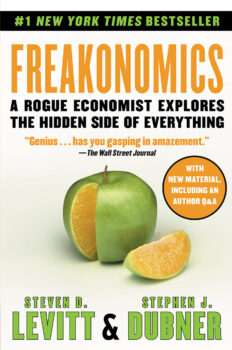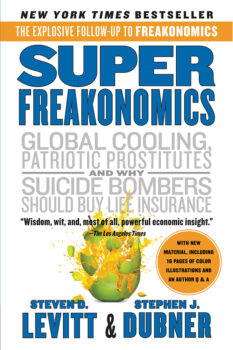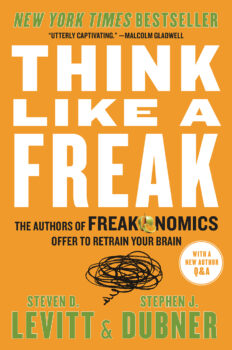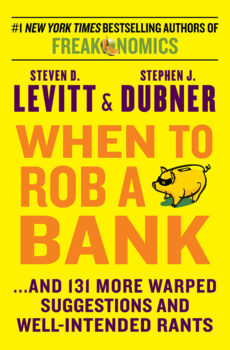The Busara Center
Behavioral economics has a new testing ground: the Busara Center for Behavioral Economics in Nairobi, Kenya. The lab, which will be open to researchers and students from around the world, is hosted by Innovations for Poverty Action (IPA). Here’s its website blurb:
Busara is a state-of-the-art facility for experimental studies in behavioral economics and other social sciences, located in Nairobi, Kenya. The core of Busara is a pool of participants from the Nairobi slums, combined with a cluster of 20 networked computers with which researchers can investigate economic behavior and preferences. A central feature of the computer setup is that all computers have touchscreen monitors; together with specially developed paradigms, this allows for the participation of not only computer-illiterate, but entirely illiterate populations.
Johannes Haushofer, the Scientific Director of the Center, gave us a little more information:




